20.08.19
4 Ways to Make Sustainable Solutions Work for Your Business
4 Simple Tips to Make your Business more Sustainable (and none involve a wind turbine!)

Irreversible climate change seems inevitable.
You’ve heard the statistics. More than 5 trillion pieces of plastic are already floating in our oceans. Global emissions of CO2 must be reduced by 45% before 2030, in order to prevent catastrophic climate change.
The situation is already worse than we thought. Carbon Brief has analysed all of the major extreme weather events over the last two decades and found that 68% of all extreme weather events were made severe or more likely thanks to human-caused climate change.
In a rush? Take a look at the gallery below to see the main points from this article.
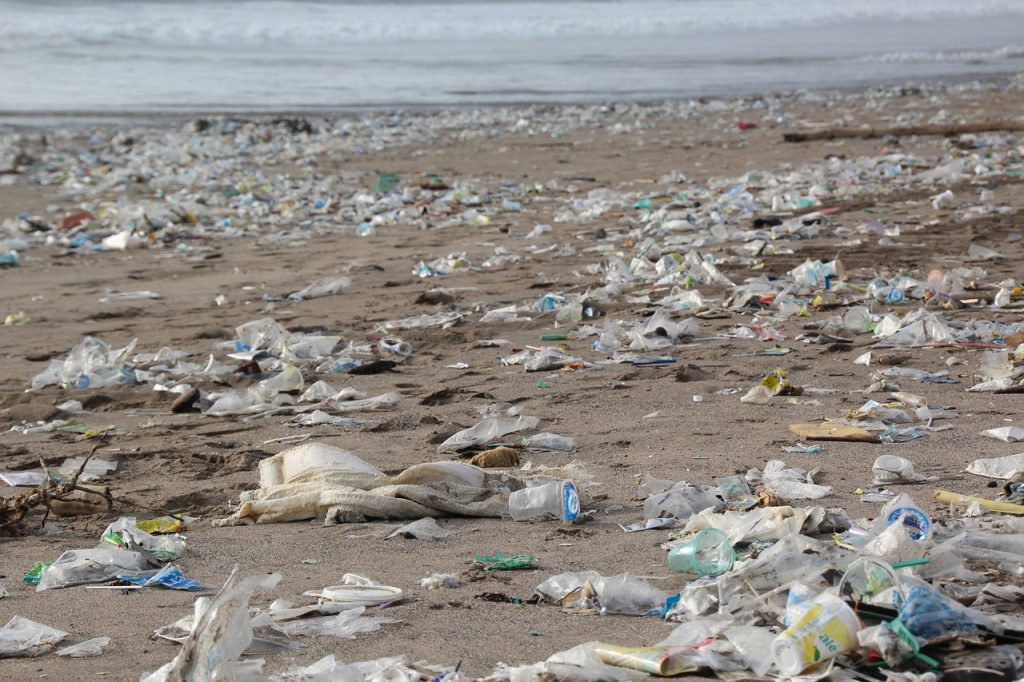
Each of these items will take 450 years+ to biodegrade 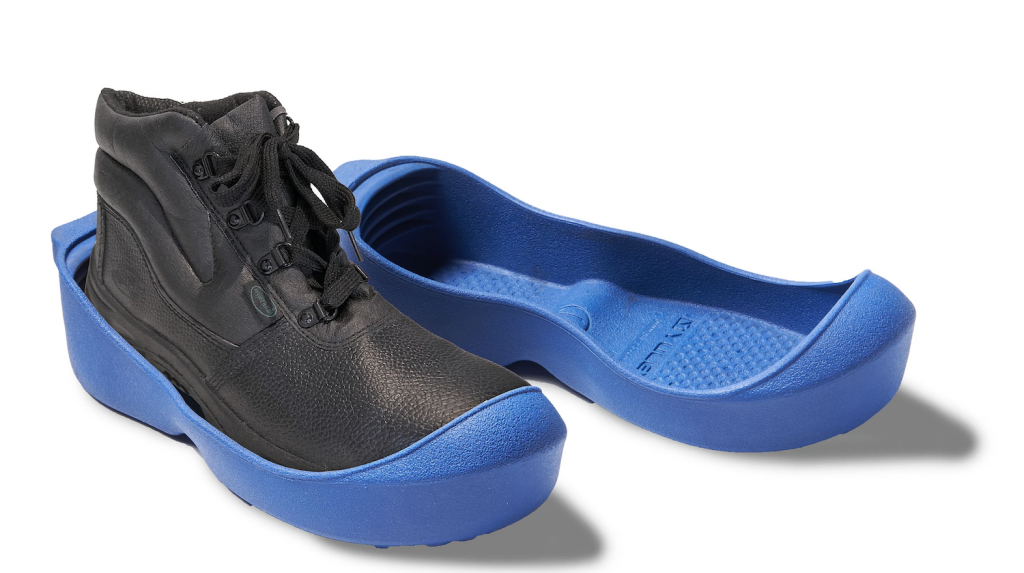
Yuleys Overshoes – a sustainable alternative to disposable shoe covers 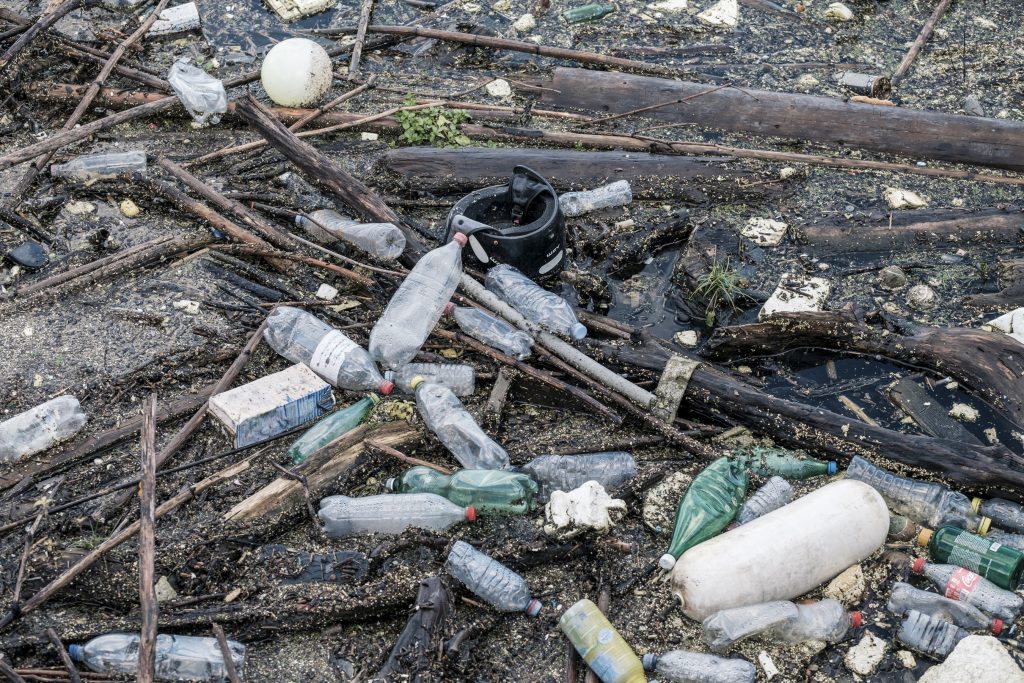
All of these bottles could have been reused or recycled 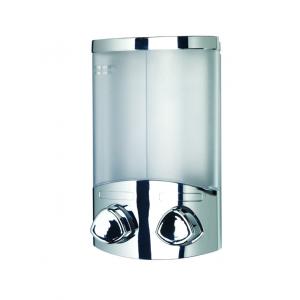
The Croydex Dispenser Duo dispenses the precise amount of product 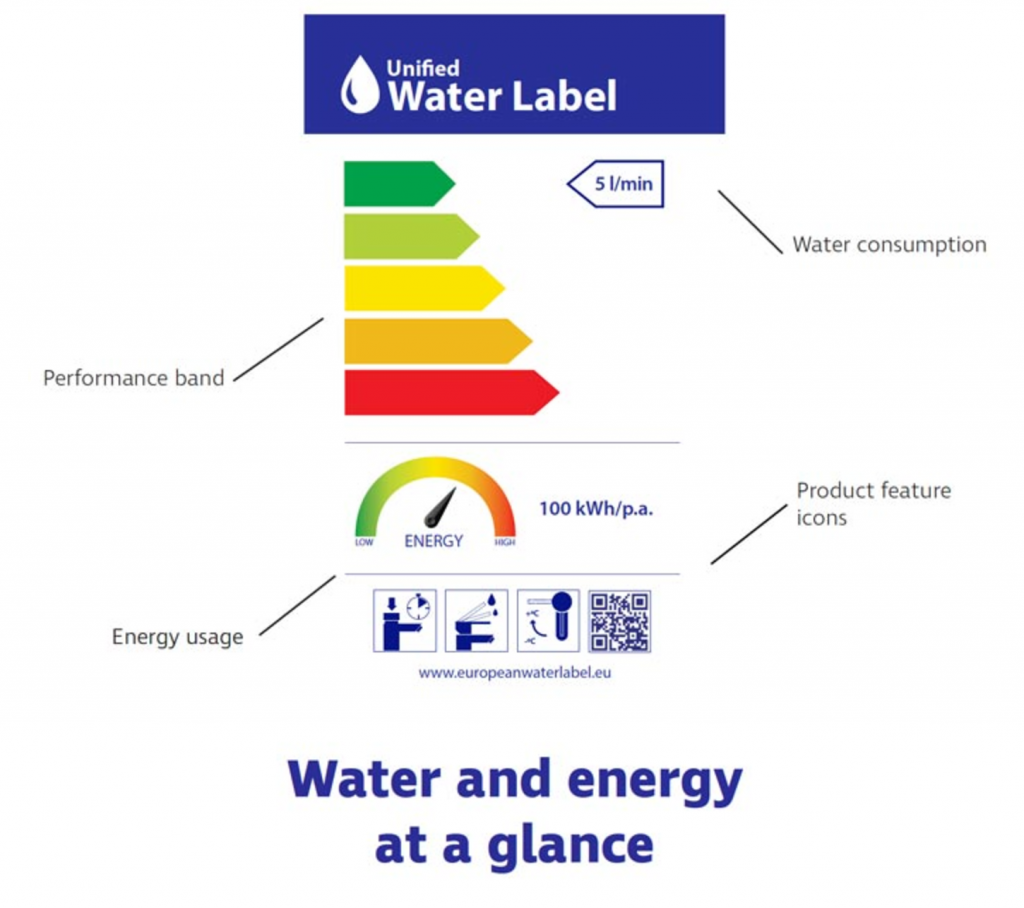
The European Water Label provides an official consumption breakdown 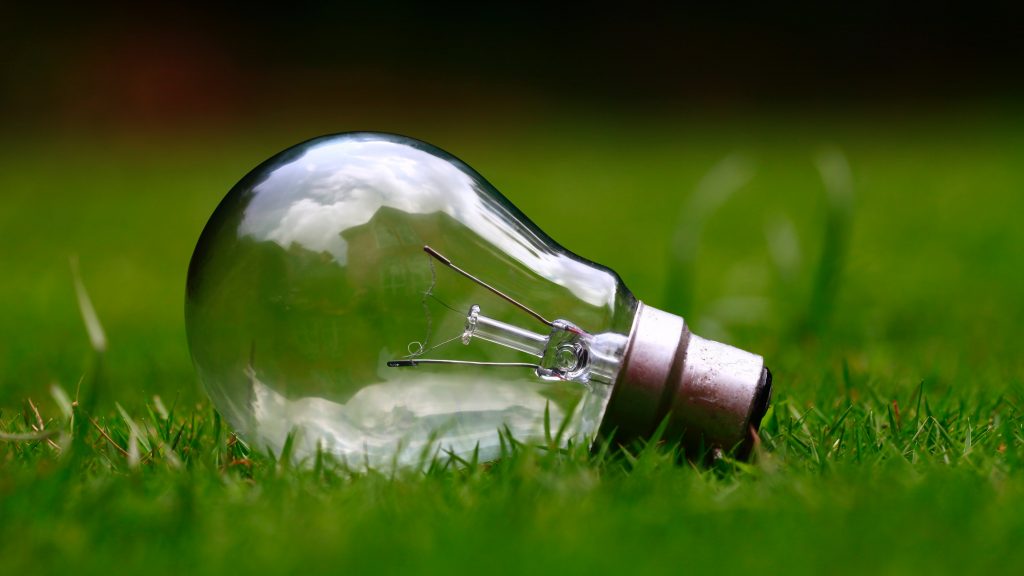
CFL Bulbs are made to be recycled – not discarded
Making sustainable changes to your business may seem challenging, but it doesn’t have to be. If every business made a small change, all of these changes would amount to a big difference for our planet.
Sustainability is naturally a universal concern, but it also makes good business sense. Many of our waste-reduction methods can also generate significant cost savings for your company.
We have compiled a list of sustainable solutions that you can easily incorporate into your business – without rethinking your entire strategy.
1. Dispose of your Disposables
Try Reusable Alternatives
There’s a good reason why the media has been so dominated with facts about plastic waste – as National Geographic states scientists estimate that a piece of plastic will exist for a minimum of 450 years before it breaks down naturally. One way you can limit single-use plastic waste in your business is by substituting disposable solutions for reusable alternatives.

If anyone in your organisation wear disposable overshoes, you can simply substitute these with a reusable overshoe, such as Yuleys.

These recyclable SEBS-rubber overshoes can be worn hundreds of time over and over, so you can be sure you are minimising your carbon footprint as you eliminate dirty footprints.
Using Yuleys can also drive cost savings for your business. As the average worker wears 7 pairs of disposable overshoes a day, using Yuleys can save approximately £104 a year per wearer.
2. Think Inside The Box
Sustainable Packaging Ideas
Another simple way to minimise single-use plastics is to consider the packaging of products your business buys every day. Product packaging amounts to nearly half of all plastic waste generated globally and most of this is never recycled.

You can minimise plastic product packaging by choosing a refillable soap dispenser instead of a disposable soap bottle. Certain dispensers can further help to minimise waste by only dispensing the precise amount of product needed.
The Croydex Euro Dispenser Duo (pictured below) utilises a specialist pump which pre-measures and dispenses the right amount of soap to avoid waste and to maximise cost savings.

3. Go with the Flow
Choose Water-Saving Products
Protecting our oceans also means conserving their contents. 75% of the Earth is water, but only 2.5% of this water is freshwater and safe for drinking. Of this 2.5%, only 0.07% of this freshwater is accessible as much of it is trapped in glaciers.
When choosing plumbing products, look for the European Water Label. This industry-recognised system provides an official breakdown of a plumbing product’s water consumption. All of Croydex’s products are marked with the Water Label, offering you complete transparency when shopping for water-saving alternatives.

4. Switch to LED Lighting
Banish Incandescent Bulbs
The advantages of using Compact Fluorescent Lamps have been well documented. Commonly classified as ‘energy-efficient’ bulbs, CFLs are four times more efficient than traditional incandescent lamps and have a much longer life span.
However, CFLs contain 4 milligrams of mercury and therefore should be properly recycled. If CFLs are not recycled, they will typically end up at the landfill. As a result, the mercury from these CFLs can potentially escape into landfill groundwater and contaminate our water supply.

LEDs are a great option for illuminating your office, as they consume little energy, are long-lasting, and are free from any hazardous materials. Although LEDs can be disposed of with your usual litter, many of the integral raw materials (such as aluminium) can be recycled and regenerated.
Shedding Light on your Energy Consumption
One way to easily keep track of your lighting and energy consumption is to use an Energy Calculator, like this one from Bell Lighting. Simply input the light’s usage and wattage details and the calculator generates a breakdown of your energy, cost and CO2 savings. As a Carbon Trust Accredited Supplier, Bell Lighting have a superb range of energy-efficient CFLs and LEDs, which are highly recommended for office use.
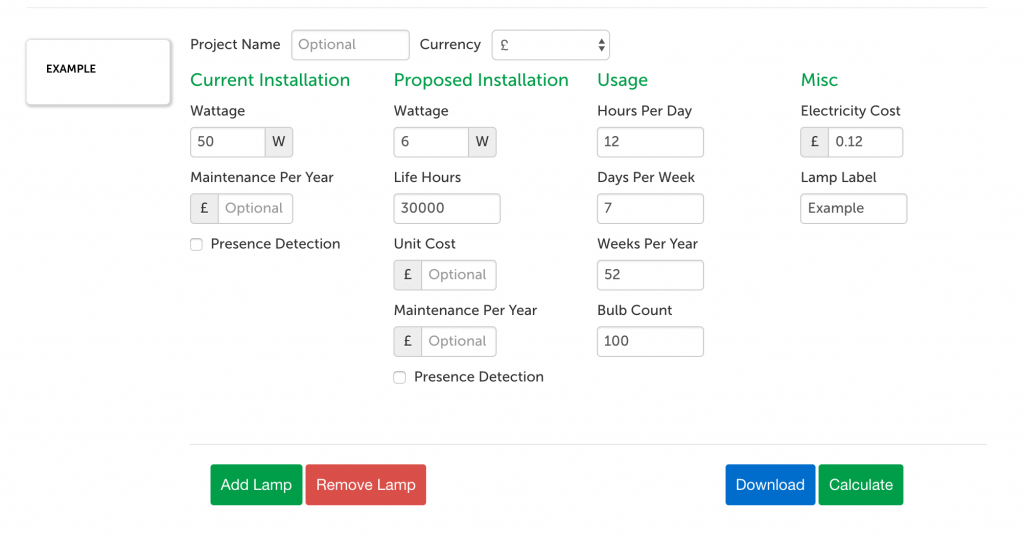
Have you made any sustainable changes to your business? Let us know with a comment below!
Get in touch to purchase any of the products featured in this article.
Sources:
https://www.nationalgeographic.co.uk/10-shocking-facts-about-plastic
https://www.carbonbrief.org/mapped-how-climate-change-affects-extreme-weather-around-the-world
https://edition.cnn.com/2018/10/07/world/climate-change-new-ipcc-report-wxc/index.html
https://www.nationalgeographic.com/environment/freshwater/freshwater-crisis/
https://www.cleanipedia.com/gb/sustainability/how-to-recycle-light-bulbs.html
https://www.digitaltrends.com/home/how-to-dispose-of-light-bulbs/
http://www.belllighting.co.uk/energyCalculator
https://www.productcare.org/about/blog/light-bulb-recycling-101/
